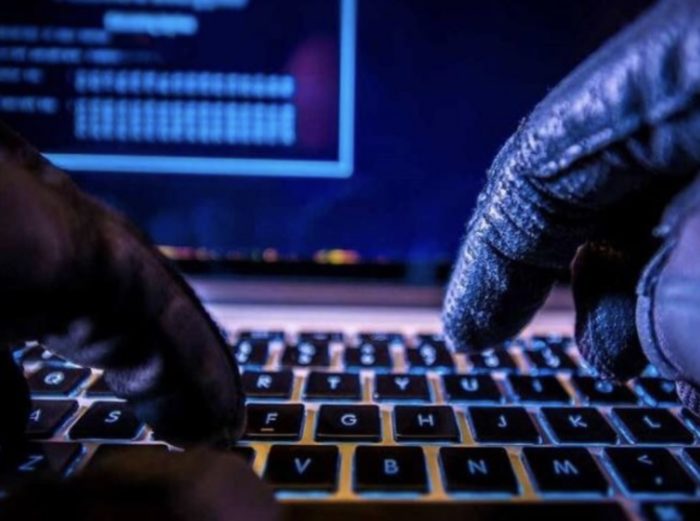A Russian cyberattack affecting government registries has hampered banks' operations, the National Bank of Ukraine said in response to a request from Interfax-Ukraine.
The Ministry of Justice announced a major network infrastructure failure affecting state registries on 19 December. Deputy Prime Minister and Justice Minister Olha Stefanishyna later confirmed Russia had targeted registries under the Ministry's purview to disrupt critical infrastructure.
The cyberattack did not affect the National Bank's operations, said in the NBU.
"All National Bank information systems operated and continue to operate as normal. However, the unavailability of certain state registries affects bank operations, particularly the opening of new accounts and issuance of new loans," the regulator said.
The NBU reports it is preparing guidance for banks on account opening procedures during the registry outage. The central bank noted that similar measures were implemented following Russia's full-scale invasion, when state registries were also inaccessible. Banks operated under those guidelines until mid-June 2022.
What we know about the cyberattack
The Diia government services app also reported temporary disruptions to several services, including employee reservation, LLC registration, online marriage services, property rights registration, and car re-registration.
The app’s website noted that the National Information Systems were conducting technical work, emphasizing that Diia itself didn't store personal data but only pulls information from registers.
The Russian hacking network XakNet Team claimed that they breached the databases of National Information Systems and the entire Ministry of Justice database. They reportedly deleted over a billion rows of data, including backup copies stored on servers in Poland.
Stefanishyna said on 19 December that initial recovery was expected to take up to two weeks.
The Ministry of Justice will prioritize restoring the unified registry of powers of attorney, the unified registry of special forms, notarial documents, and the inheritance registry to ensure proper accounting and minimize negative consequences.
Deputy Prime Minister and Justice Minister said on 20 December that the cyberattack on state registries administered by the Ministry of Justice of Ukraine did not affect other state information systems, including the Diia app.
During a joint press conference on 20 December, Olha Stefanishyna and an SBU representative announced that Ukriane launched a criminal investigation into the cyber attack, which may have been carried out by a GRU (Russian Military Intelligence) hacking group.
The SBU could not answer whether the Russia gained access to the registry information. Stefanishyna said there are backup copies of the registries for the entire period, so when it’s safe, they will restore their operation to normal, and there is no risk of irreversibility.
Russia has regularly targeted Ukrainian companies and government institutions with cyberattacks since the start of the Russian full-scale invasion of Ukraine in 2022.
According to the Security Service of Ukraine (SBU), Russian special services planned to destroy Ukraine’s entire cyber defense system. In August, a massive Russian cyberattack targeted Monobank, the Ukraine’s largest online bank.
“The enemy is attempting to use this situation in their information operations to sow panic among Ukrainian citizens and abroad,” Stefanishyna said.
According to US Deputy Treasury Secretary Graham Steele, Ukraine’s Computer Emergency Response Team (CERT-UA) documented nearly 4,000 cyber incidents between January 2022 and September 2023.
Russia consistently denies allegations related to cyber activity, including Kyiv’s claims of large-scale cyberattacks as part of a “hybrid war” against Ukraine.
Read also:
- Applications to Ukrainian Legion in Poland exceed one thousand
- Republicans reject Ukraine’s hesitance to hold elections
- Expert: Ukraine should discuss Three Seas Initiative with Trump





